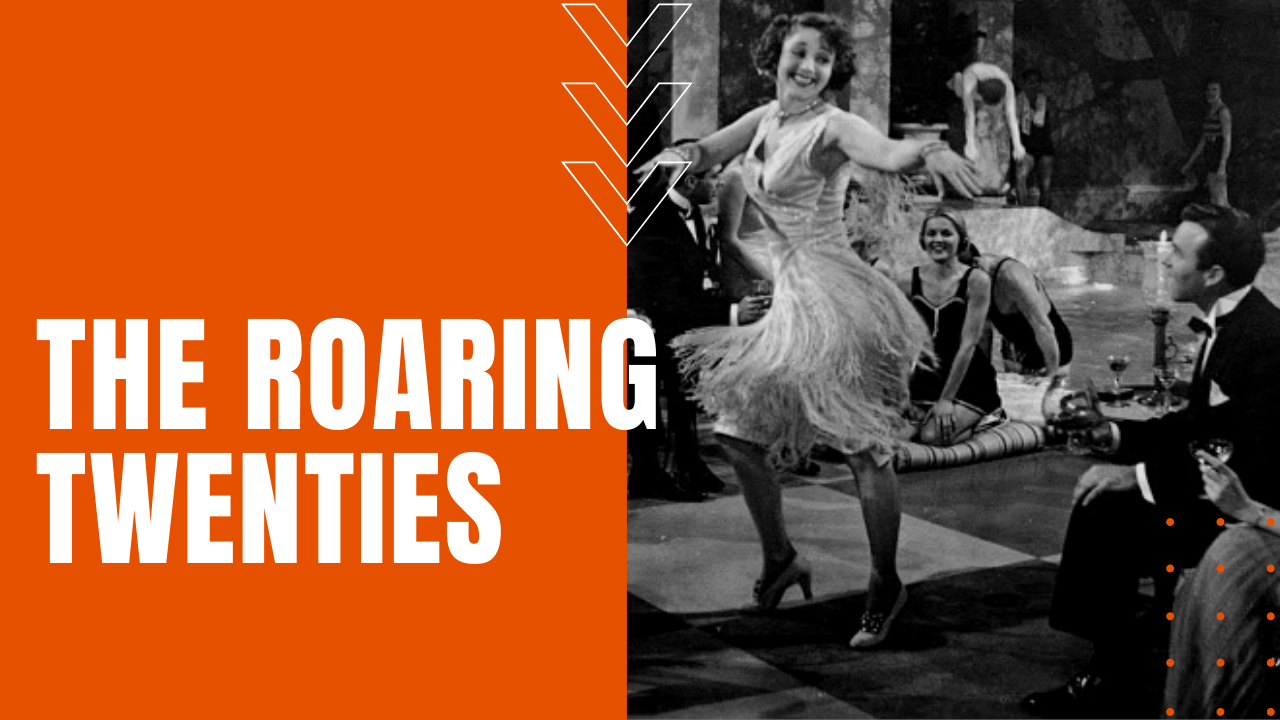Roaring 20s: Decade of Decadent Consumerism, Parties and More

Following the privations of World War One, the United States, like many western powers, experienced a period of economic prosperity in the 1920s, along with a hefty rise in consumerism and industrial expansion, which created a decade-long run of cultural change.
Known as the Roaring Twenties in the United States, the period was called Annees folles or the Crazy Years in France and the Golden Twenties in Germany.
Decade of Decadence
After the end of the First World War, more Americans were living in cities than on farms, while the nation’s wealth more than doubled in the first half of the decade. American consumers bought the latest appliances and high fashion clothing.
They frequented movie theaters in response to Hollywood’s production of nearly 800 films a year, creating silent movie stars like Buster Keaton and Charlie Chaplin. In a time before television, radios became more important than ever, creating a booming industry for manufacturers like RCA.
Between 1923 and 1930, 60% of American families bought radios, listening intently to an ever-increasing catalog of shows, from high drama and suspense to comedy and live baseball broadcasts.
Roaring Twenties Party: Jazz, Flappers, and Speakeasies
Also known as the Jazz Age, big jazz bands were all the rage, while young people went to dance halls and prohibition-era speakeasies to dance the Charleston, The Black Bottom, The Flea Hop and The Cake Walk.
Flappers came of age during the Roaring Twenties, with their bobbed hair and slinky short skirts. They drank and smoked on par with their male counterparts while exhibiting a relaxation of sexual mores that frequently shocked their parent’s generation.
Flappers indulged in petting parties, which proved to be the original Tinder of the Roaring Twenties generation. According to one study from the late 1920s, 92% of college students admitted to participating in petting parties, which went by other names such as snuggle parties, snugglepupping and necking, adding more relevance to the question “Great Grandma, what did you do when you were young?”
After Henry Ford introduced the affordable Model T automobile in 1908, young people, particularly Flappers, experienced a profound liberation behind the steering wheel, allowing them to travel unescorted to social events and speakeasies. By 1924, over ten million Model Ts had been produced, which further brought about the birth of suburbs, allowing the upwardly mobile middle class to live farther and farther from their places of employment.
As the decade of prosperity wore on, banks and Wall Street investment houses extended high levels of bank credit and margin loans, allowing inexperienced investors to buy stocks without having enough money to cover the full face value of a given position. Bolstered by high consumer confidence, consumer debt nearly doubled, while stock prices became absurdly overvalued.
In the fourth quarter of 1929, however, investor confidence disintegrated overnight, causing investors to sell their positions at heavy losses during the worst stock market crash in American history. The Crash marked an abrupt end to the Roaring Twenties, sending America and the world into a Great Depression, not to be broken until the outbreak of World War Two.
